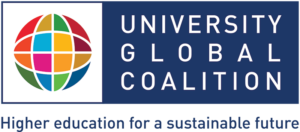Teaching, under situations of extreme social instability and violence, demands creating educational strategies that encourage learners to reposition themselves and become agents of change. According to Joanne Benham Rennick, students must be helped to move beyond the savior/victim state of mind to a context where they can engage with others through small acts of solidarity, openness, listening, and acceptance. “As they make connections and gain confidence, they are frequently emboldened to act” (Rennick, 2015). Action-oriented reframing engages the learner into a metacognitive reflection that leads to individual and societal transformation. Amid the challenges that Venezuela faces today, it is of pivotal importance that our educational systems train citizens that positively impact their communities, schools, and public and private organizations. Using the power of ethnographic narrative grounded in the students’ voices, the goal of this work is to demonstrate how the implementation of an integral transformative pedagogical strategy, whose content framework is based on finding solutions for achieving the UN’s Sustainable Development Goals (SDG’s), can transform the quality of life of media and journalism students, empowering them to act for the common good and facilitate a democratic transition.
Presenter:
José Luis Jiménez (he/him), Professor/Collaborative Online International Learning Coordinator, Andrés Bello Catholic University
Moderated by: Sally Crimmins Villela (she/her), Associate Vice Chancellor for Global Affairs, State University of New York
